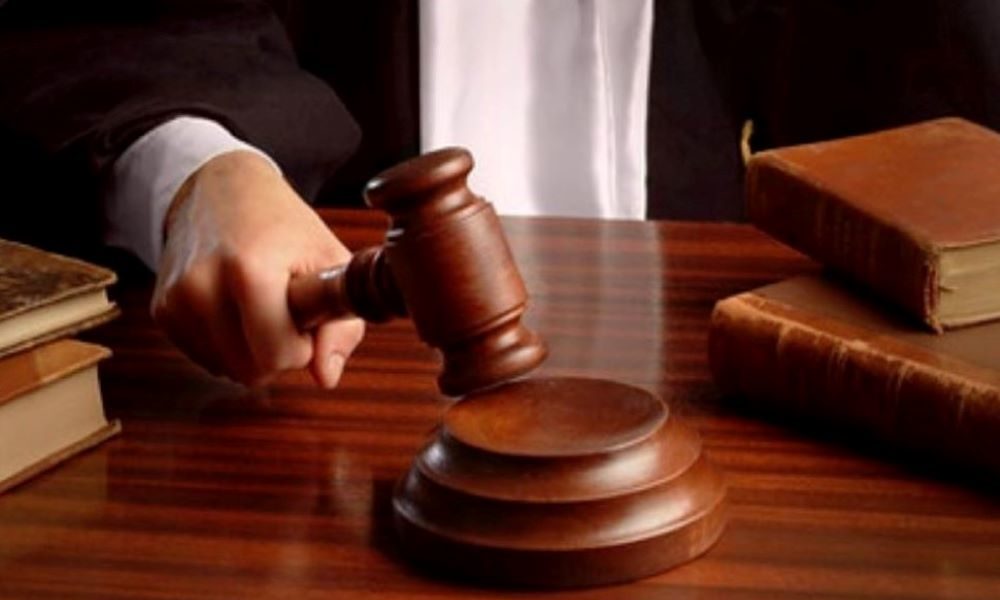Paridhi Arya
Published on June 6, 2022 at 20:10 IST
The Petition was filed by Advocate Ashwini Upadhyay regarding formation of Anti Conversion Law which should prohibit the conversion through force and deception.
The Delhi High Court observed that under Constitution of India conversion is not prohibited as Article 25 gives right to individual to practice, profess any religion of his choice.
Advocate Upadhyay raised the serious issue of mass conversion of those who are socially and economically backward especially of those belong to Schedule Castes and Schedule Tribes.
The Counsel submitted that in case of Rev Stainislaus vs. State of Madhya Pradesh (1977), Hon’ble Supreme Court held that right to convert does not come under the purview of propagate under Article 25.
The Constitutional Bench held in 1977 judgment that no fundamental right to convert another person to one’s own religion.
Freedom of religion is not guaranteed in respect of one religion only, but covers all religions alike. “If a person purposely undertakes the conversion of another person to his religion, as distinguished from his effort to transmit or spread the tenets of his religion, that would impinge on the ‘freedom of conscience’ guaranteed to all the citizens of the country alike.”
The Court observed that the one person needs to respect other’s religion in the same manner as of his own religion then only freedom of religion can be enjoyed.
But Supreme Court Advocate Kaleeswaram Raj said, “Supreme Court didn’t recognised right to convert under propagate but under right to practice and profess right to get converted is included and that aspect is not dealt by Supreme Court.”
Therefore the judgement of 1977 is not completed.

